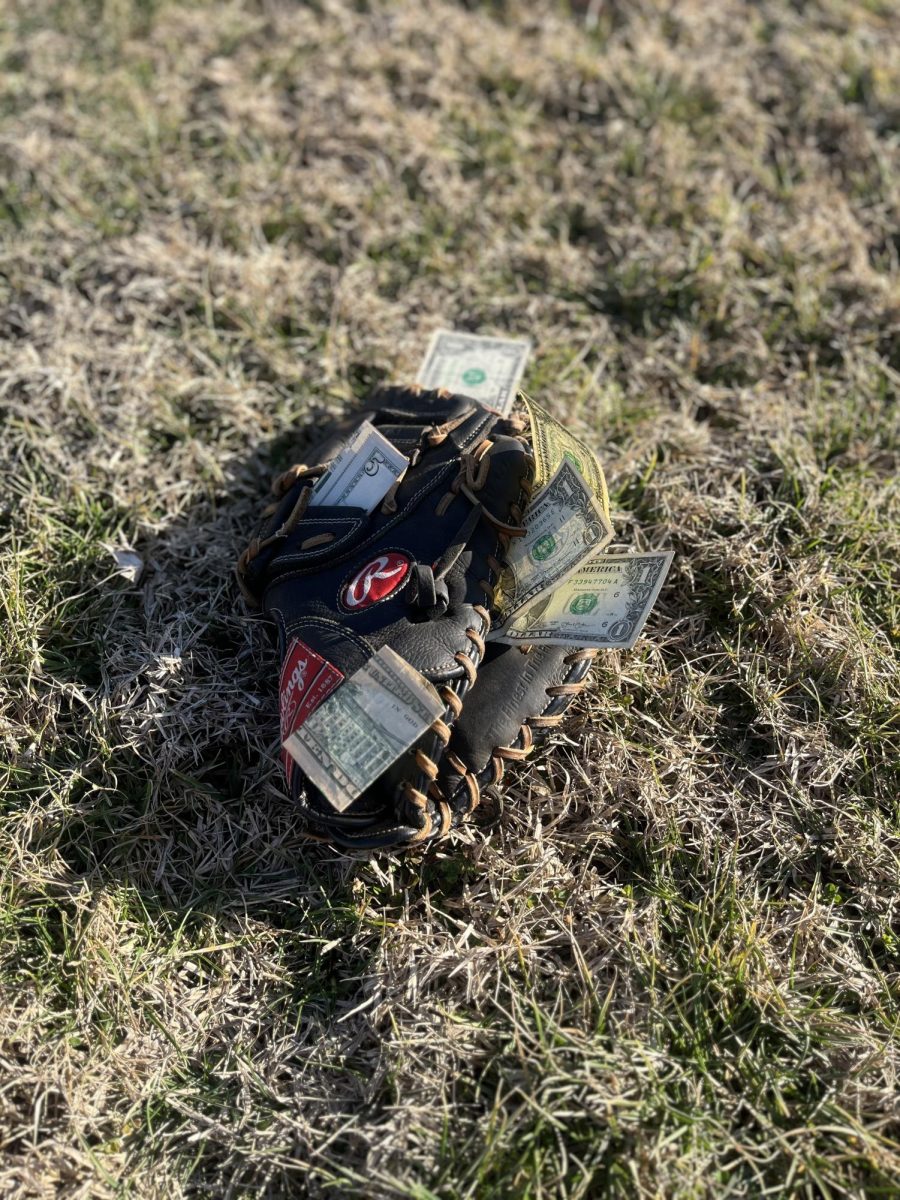The New York Mets announced they signed outfielder Juan Soto to a 15-year, $765 million contract on Tuesday, Dec. 12. The baseball world had been anxiously awaiting the 26 year old’s decision on where he would spend the remainder of his career.
Wait a second, did that say $765 million?!
Soto’s contract is set to be the largest professional sports contract in history. This beats out pitcher/designated hitter Shohei Ohtani’s $700 million contract with the Los Angeles Dodgers and forward Lionel Messi’s $674 million contract with FC Barcelona.
Baseball is far more of a collective effort than other sports. Quarterbacks, point guards and forwards are able to provide far more value to their teams as individuals than any shortstop, center fielder or starting pitcher can, because hitters can only hit 1 out of every 9 times, and starting pitchers can only take the mound 1 out of every 5 games.
Baseball shouldn’t be the highest spenders in sports for individual players.
Yet, larger, long-term contracts from baseball players are effective. The Los Angeles Dodgers won the 2024 World Series on the back of a $326 million payroll, the largest in MLB. Three of the four final playoff teams, The Dodgers, Mets and Yankees, are ranked first, second and third, respectively, in terms of team payroll.
While Juan Soto’s mind boggling contract may be fascinating for fans and helpful for smaller players by raising the dollar value of a major-leaguer, it represents an unfortunate trend of domination in the game by big-spending superteams. The Los Angeles Dodgers in particular can afford to pile heavy contracts together for Shohei Ohtani, Mookie Betts, Freddie Freeman, Yoshinobu Yamamoto, Blake Snell, and many more stars. The Dodgers have such a strong market that they can afford to pay money in the future because they will be well sustained for years to come.
The Dodgers’ spending attracts more players to play for a team they believe will be highly successful. The Dodgers announced on Wednesday, Jan. 22 that they had signed Japanese starting pitcher Roki Sasaki. Sasaki was ineligible to receive a big contract because he was younger than 25, and would become a part of an MLB team with the same control as a minor league player, despite having spent the past four years in Japan’s major league. The Dodgers got a prospect with immediate superstar potential and years of control for only $6.5 million as a signing bonus, primarily because of the roster they had already purchased being enticing to Sasaki.
MLB has no salary cap, or any restriction on the amount of money a team is allowed to defer to the future. This is largely considered beneficial to the players, who can receive bigger and bigger paychecks in the limited window they have to earn a living for the rest of their lives, but it upsets the competitive balance within the league.
Unless spending restrictions on big teams are placed, baseball will slowly turn away from a sport of skill, sportsmanship, and hustle and into an auction over the games top players, revealing not which organization is craftiest, but rather who has the deepest pockets.
Let’s hope New York and Los Angeles like parades.




